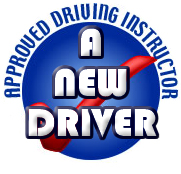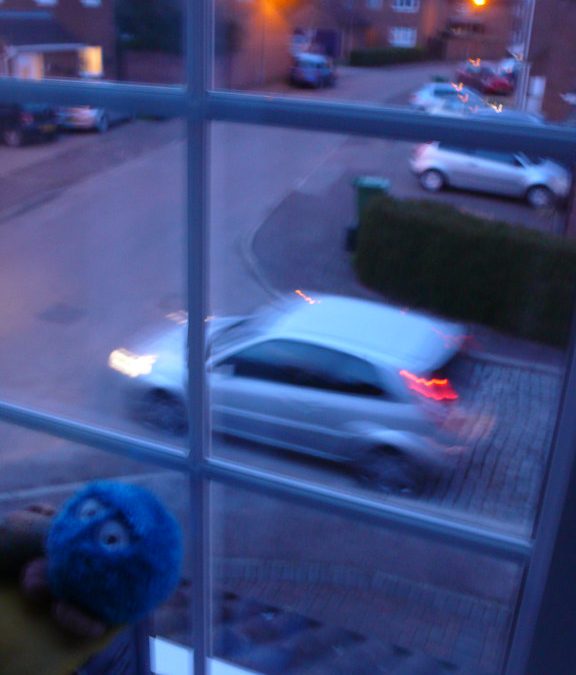DRIVING LESSON TIPS
Get in gear: your first time in the driving seat
You have actually been studying, and now it’s time to put what you have actually discovered into practice behind the wheel. Booking your first driving lesson is interesting, however it may not take too long for the nerves to sneak in. Let’s take a look at a couple of things you can do to help keep you calm, cool and gathered as you find out how to drive.
How to get ready for your first driving lesson
Review the Highway Code – not only will it assist you when it concerns taking your theory test, it’ll keep the guidelines and guidelines of the roadway fresh in your mind.
Choose a practical outfit. Attempt to wear something comfy that you can move around in and avoid any restrictive clothing and shoes. Flip flops and high heels, in particular, aren’t perfect when driving.
Remember your provisional licence – your trainer will examine that you have it. You can’t legally be behind the wheel without one so it’s an absolute must for your first driving lesson. You may also be requested your check code, so your trainer can inspect your online licence equivalent.
Make certain you’re physically fit to drive. Prevent drinking the night before and remember to bring your glasses or contact lenses if you require them.
Pass your test with us
Driving Lessons DublinDriving Test Ireland
What do you do on your very first driving lesson?
Will I drive quickly?
Do not stress – you won’t get in the driving seat straight away. Your trainer will drive you to a peaceful roadway where you’ll find out all the principles of the car controls. This includes the gears, the pedals, and what’s called the cockpit drill.
What’s a cockpit drill?
This is an exercise that all drivers need to perform when they get in the car, and it’s normally one of the first things you’re taught. The cockpit drill (frequently called the DSSSM routine) includes checking your doors, seat, steering, seat belt and mirrors:
- Doors– examine all doors are closed and protected before starting your engine.
- Seat and steering– adjust your seating so that the controls are within easy reach and you have a clear view of the roadway. You should likewise change your headrest to prevent whiplash if you’re in an accident.
- Seat belt– ensure you and your passengers are buckled in.
- Mirrors– position your mirrors to reduce your blind spots.
How do I move off?
When it comes to the big minute– taking control of the cars and truck– you’ll have to move the cars and truck off and reveal that you can securely do the ‘Prepare, Observe, Move’ routine:
Prepare – getting the vehicle all set to pull away when the road is clear
- Press and hold the clutch down with your left foot.
- Select first equipment.
- Press the gas pedal down with your best foot till you’re at about 1500-2000 rpm.
- Bring the clutch up gradually till you discover the biting point.
- Be ready to launch the handbrake at the correct time.
Observe– revealing your trainer that you know your surroundings
- Inspect all around the cars and truck trying to find anything that might affect your driving strategy.
- Look over both shoulders.
Move– confidently moving the vehicle off when you’re safe to go
- Launch the handbrake.
- Launch the clutch slowly while carefully putting your foot down on the gas pedal.
- Relieve up on the gas and manage the speed of the car using the clutch pedal if you discover you start to move off too quick.
- Re-check your mirrors and blind spots and move your cars and truck to the normal driving position.
What if I slip up?
It’s regular to be anxious when you’re learning to drive – and you’re not anticipated to master everything immediately. Driving is something you improve at with time and practice. Even drivers who’ve been on the road for several years are still enhancing. So do not fret about making a mistake – your instructor’s seen it all previously.
In the (unlikely) case of something failing, rest assured that your trainer can control the cars and truck. All expert driving schools utilize dual controlled cars, which means your trainer can action in if you require some help.
Reserving your first driving lesson is amazing, but it might not take too long for the nerves to creep in. You can’t legally be behind the wheel without one so it’s an outright need to for your first driving lesson. Your instructor will drive you to a quiet roadway where you’ll find out all the fundamentals of the car controls. It’s normal to be nervous when you’re learning to drive – and you’re not expected to master everything directly away. Driving is something you get better at with time and practice.
Related Articles
[page-generator-pro-related-links group_id=”1597″ post_status=”publish” output_type=”list_links” limit=”6″ columns=”2″ link_featured_image=”0″ orderby=”rand” order=”asc”]
Learn More

